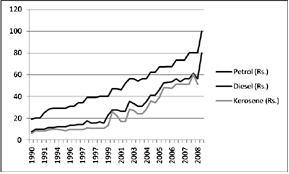Poverty in Focus: Cash Transfers : Lessons from Africa and Latin America (good edition on all you need to know about CCTs, its effectiveness, complicated issues related to exit strategies, and challenges.
Are Matlhus's Predicted 1798 Food Shortage Coming True? (Jeffrey Sachs says we still don't know for sure).
Ethiopia's new famine: 'A ticking time bomb' (Ethiopia faces a 'toxic cocktail': drought, global inflation, armed conflict and assorted plagues).
Economic costs of cheating on a spouse differ for men and women
(Hmm... this is interesting: Men are 7 percent more likely to cheat than women)
According to lead author Bruce Elmslie, professor of economics at the UNH Whittemore School of Business and Economics and co-author Edinaldo Tebaldi, assistant professor of economics at Bryant University, the behaviour of men and women toward infidelity differs substantially, as men and women respond differently to the perceived costs and benefits of an affair.
For women, biological and socio-economic factors like men who are good candidates to father a child and who have the education and financial stability to provide for a family are significant factors women consider when deciding to have an affair. These factors do not come into play for men who, overall, are 7 percent more likely to cheat than women.
The likelihood of a man having had an affair increases with age and reaches a peak when a man is about 55 years old. It then decreases with age. For women, the peak is 45 years old, which the authors say is logical when considering the biological reasons why women cheat.

